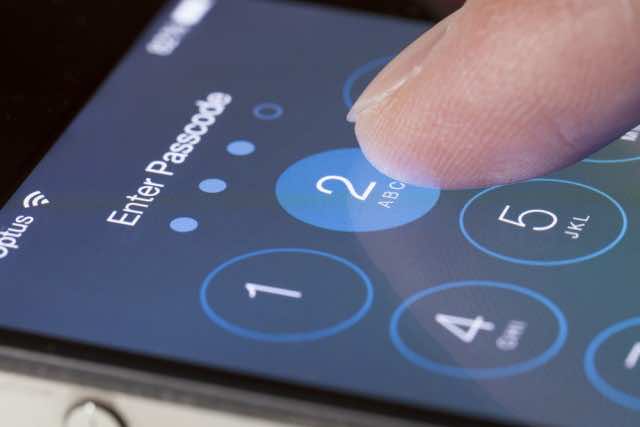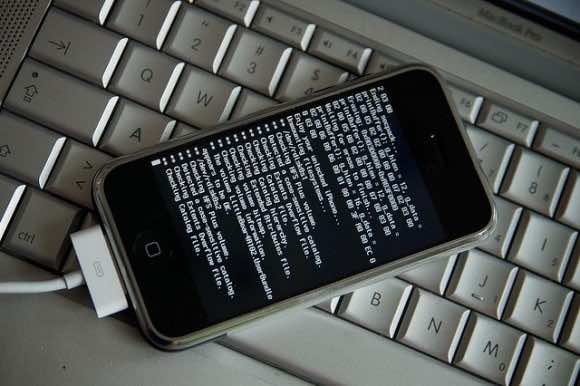The much-talked case against Apple Inc. regarding the unlocking of an iPhone from one of the San Bernardino attackers was dropped by the US Justice Department as the FBI finally succeeded in unlocking it and accessing its contents. The whole episode ended in this total anti-climax as a potential high-profile clash between the tech giant, and the government department was looming. Neither of them was backing down, and many people were weary of Apple’s attempts to justify a case against such a high-profile case of terrorism.
Apple had been refusing to help the authorities in cracking the smartphone as it raised new questions regarding the security of the iOS lock screen and the platform’s ability to delete data once some unsuccessful attempts had been made. Apple fought the government intervention tooth and nail and even refused to obey a preliminary court order to provide the government with a tool to hack inside the phone.

So far, they hadn’t been able to unlock it and this showed us the sheer strength of the iPhone’s security system. Many users thought that if the government itself wasn’t able to unlock the phone, their phones were quite safe from incursion of NSA, CIA and other snooping agencies. Apple knew that it had to oppose the order as much as possible because it would set a dangerous precedent for the public and the next thing we know, the government demands a backdoor to be installed in the very system and allow data collection directly without any hassle. But, the government eventually cracked it and now the case by the Justice Department will be dropped as the sole point was to get the phone cracked and ready. However, if Apple is serious about it, it will ask the government to declassify its hacking attempts to the company so that the security system can be upgraded accordingly. But, don’t expect any help from the government department on that since there is considerable beef between the two in the build-up of this case.
A senior Law Enforcement official also claimed that it was entirely possible that phone was utterly useless to the investigators and intelligence officials since it seemed like a lone wolf incident where the only motive was armed revenge overdrive. Interestingly enough, the FBI wasn’t able to crack the phone on its own accord. It was approached by an anonymous third-party who claimed they could open it. Unless it was a deal they struck with Apple, this presence of a third-party with keys to briefcase means that the troubling episode is far from over for Apple. The device in question was an iPhone 5C running on iOS 9 platform.

Riana Pfefferkorn, a cryptology specialist from Stanford Center for Internet and Security, believes that courts ought to be skeptical when the government tells them that they have no option other than manufacturer’s assistance in unlocking phones. She also believed that the unlocking process should be shared with Apple so that they can fix the security lapse and deal a blow to these shady third-party companies that survive on hacking other people’s phones, mostly for bad intentions!



I agree with last comment, feds should let Apple know what they did so they can make sure their phones cannot be hacked by idiots who have nothing better to do than hack other peoples electronics!